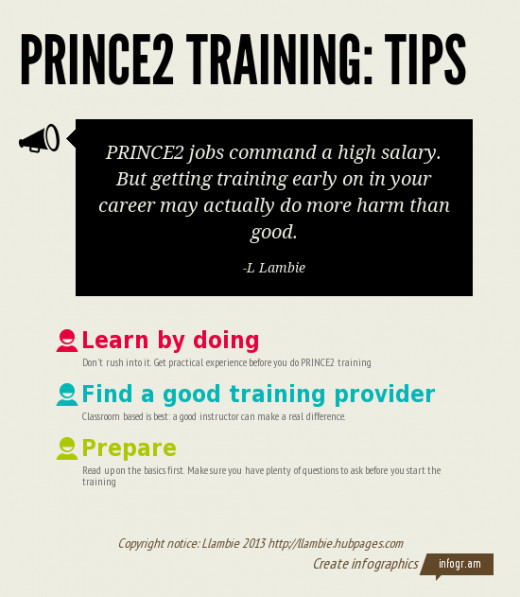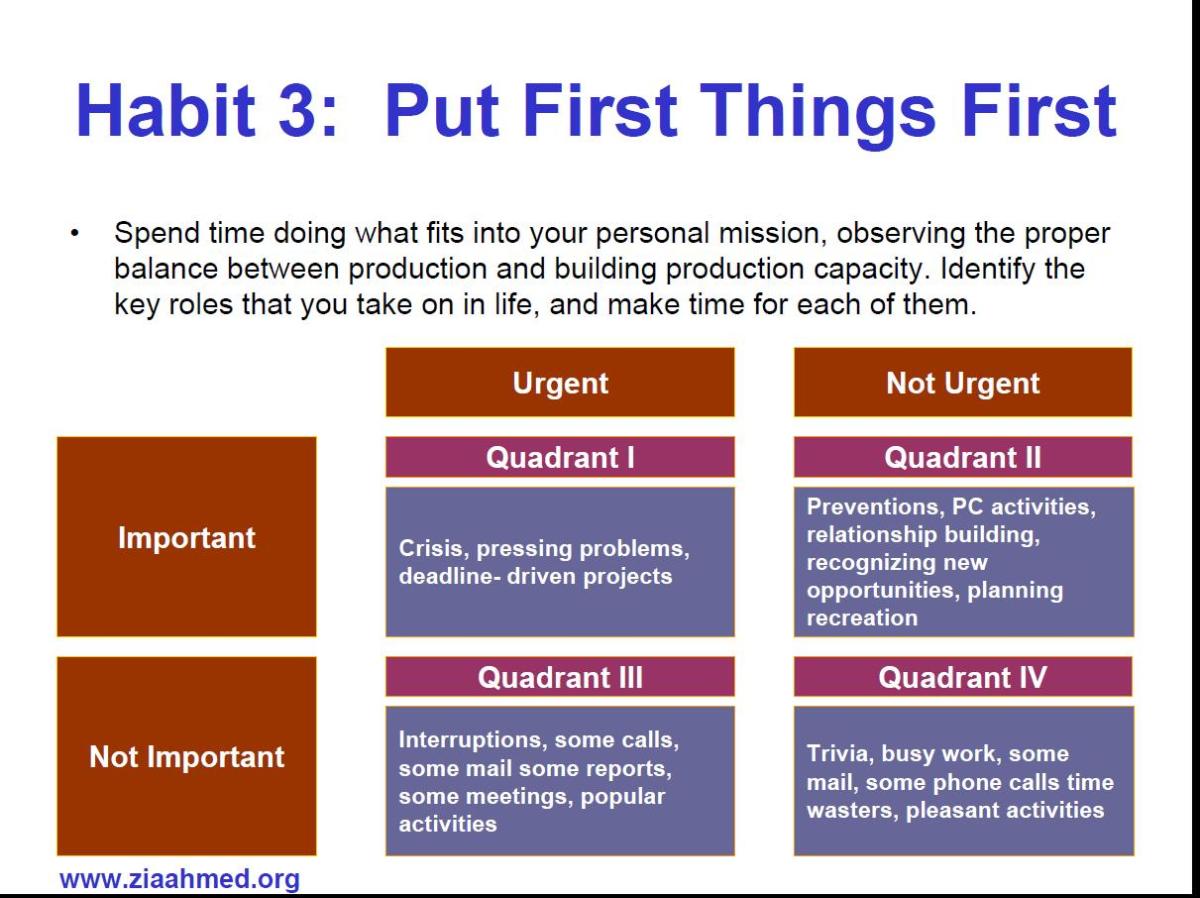When should you do PRINCE2 training?
PRINCE2 training

The popularity of PRINCE2 accreditation
When I recruit a junior project manager to my team, there is one question I can almost guarantee will come up in the first appraisal following a successful probation period:
"Can I do my PRINCE2 training?"
For many project managers and aspiring project managers in the UK, PRINCE2 accreditation is the gold standard. It is the must-have for any project manager or junior project manager and the typical desire is to get the accreditation as quickly as possible.
Why the rush?
I find that there are three common reasons why project managers are keen to get their PRINCE2 accreditation as quickly as they can:
1) PRINCE2 project management jobs command a higher salary
2) Many project management jobs stipulate PRINCE2 as an essential qualification
3) Many project managers lack confidence in managing a project without having a qualification to their name
Why its worth waiting
Although doing PRINCE2 training as early as you can might seem a sensible move, a better strategy is actually to wait until you have actually managed a few projects first.
5 Reasons Why Delaying Training Is Good
The benefits of delaying your training may not be obvious, but I'll explain here five sound reasons why it is actually going to give you an advantage in the long run if you hold off on your training:
- Learning by doing is more effective: This is true of most things in life and project management is no exception. Do not be afraid of getting burned by your first project. None of us like failure but think of it as a learning experience. You will become more experienced simply through trial and error.
- It is easier to apply the knowledge once you have some experience: The PRINCE2 course is very theoretical and includes reading through detail from a very big textbook. In order to leave the course, return to your job and start using the methodology, it helps if you can make comparisons to projects you've managed in the past.
- You will absorb more of the theory: As with the above point, the course content will be a lot more meaningful to you if you can apply it to real life examples. You'll also find it much easier to listen to the course instructor and ask good questions throughout a session so you'll get far more out of the training.
- It might be worth seeing whether an alternative methodology is better: Never assume that PRINCE2 is a must have. There are plenty of methodologies out there and they all have their pros and cons. Depending on the types of projects you are involved in, other methodologies may be better for you. Do some research first.
- Your company might adopt a different approach: Trying to implement PRINCE2 into an organization that either doesn't use it or uses an alternative methodology is doomed to fail. Effective PRINCE2 is as much about implementing it in the wider organizational culture as it is about passing the course. It is worth learning a bit about your company's culture before booking a PRINCE2 course.
PRINCE2 training tips

Finding the right training provider
Once you have assessed the benefits of doing PRINCE2 training, it is worth spending time comparing training providers. On the surface they may all seem similar, but here are some things you should compare:
- Do they cover the foundation and the practitioner courses? You need to do both, however it is worth doing your foundation several months before the practitioner course, so that you can embed that basic knowledge into your projects first.
- Is it classroom based? I would highly recommend this. Engaging with a course instructor and having the ability to ask questions is invaluable.
- Is the course schedule staggered? Many courses run Monday to Friday, but a better option is to find one that is staggered over several weeks. Not only will this give you the opportunity to put theory into practice, but it will also give you more time to prepare for the practitioner exam.
Getting started
So if you have been considering PRINCE2 training, here is some advice to get started:
- Read up on the basics and start thinking about whether it would be beneficial to your projects
- If you are not already managing projects, try to get some experience. If you are currently in another job, perhaps you can job-shadow a project manager for a few days. Or how about volunteering on a project in your community?
- Look at your organization and whether PRINCE2 will work in it. Are they using it already? Are they open to that type of structured methodology? If you are looking at project manager jobs, compare job ads that ask for PRINCE2 against those that stipulate another methodology. Which ones look more appealing?
- Research training providers. Don't simply go for the one with the best price or most convenient dates. Find out a bit about their course structure, how they do their teaching and how they prepare you for the exam.
Further reading - recommendations




